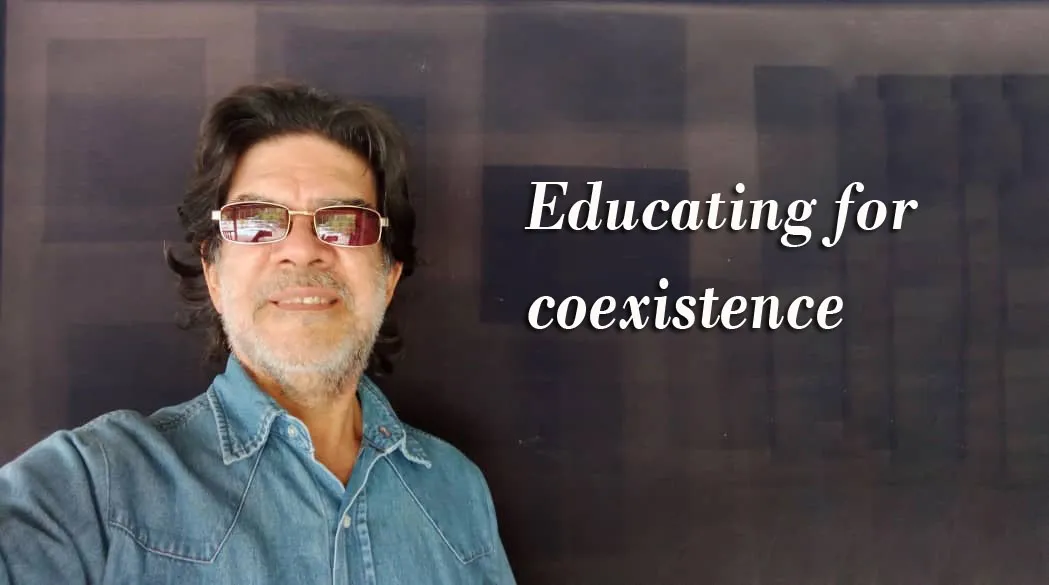
Seleccionar los contenidos que formaran parte del currículo escolar es uno de los grandes temas en la discusión educativa.
Si la sociedad fuera estática el currículo podría permanecer igual durante mucho tiempo, pero en momentos de cambios acelerados, como los que tenemos en el mundo actual, es imprescindible actualizar los contenidos escolares para preparar mejor a las nuevas generaciones.
Pero la incorporación de nuevos contenidos obliga a deshacerse de otros que fueron importantes para la generación anterior. Qué conservar de lo viejo y qué incorporar de lo nuevo es la gran pregunta que circula en la cabeza de los planificadores educativos.
La respuesta a esa pregunta nunca ha sido fácil, y es difícil lograr una selección de contenidos que satisfaga a todos los sectores de la sociedad.
En la actualidad son muchos los que opinan que el tiempo escolar debe ser principalmente para facilitar la adquisición de habilidades y destrezas que habiliten a los jóvenes en el uso de las más diversas tecnologías. Es algo que tiene sentido puesto que los avances tecnológicos son indetenibles y la tecnología está presente por todos lados.
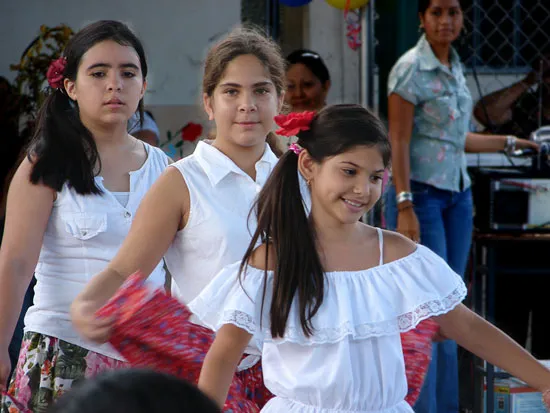
Sin embargo, no se debe descuidar el papel que ha tenido la escuela en la socialización de los niños.
La escuela es un espacio privilegiado para aprender normas de convivencia. Es allí donde los niños se confrontan con la diferencia, donde ven a otras personas con hábitos distintos, con costumbres diferentes a las que ellos han conocido en sus familias.
La escuela es el espacio ideal donde debe enseñarse y practicarse la tolerancia y el respeto, valores fundamentales para la convivencia en el mundo globalizado de hoy.
Muchas veces a la escuela le toca la difícil tarea de reorientar normas rígidas aprendidas en el interior de las familias. Hay familias poco tolerantes, con creencias poco flexibles, que van dejando en los niños una visión muy estrecha del mundo. La escuela debe esforzarse entonces por tratar de ampliar la mirada de todos.
Por eso también me parece que una de las principales funciones de la escuela en el mundo de hoy debe ser el fortalecimiento del espíritu crítico.
Los niños y jóvenes viven en un mundo donde reciben permanentemente el impacto de las redes sociales y los medios de comunicación. Allí pueden encontrar las posiciones más disímiles, allí leen, ven y escuchan los comentarios más descabellados.
La democratización del acceso a los medios ha puesto al alcance de todos la posibilidad de expresar sus opiniones y puntos de vista, pero esto, que en principio pudiera ser muy útil para enriquecer la vida social, también se presta para grandes distorsiones.
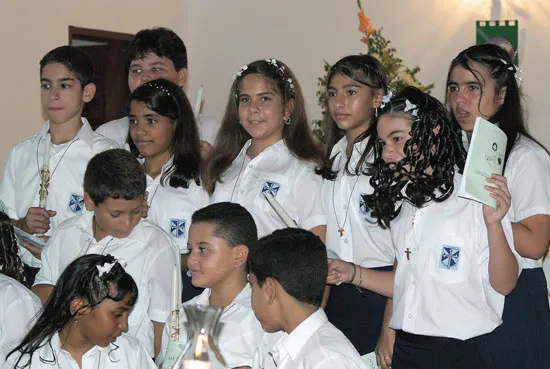
Pienso por ejemplo en el gran auge que ha tomado la teoría del terraplanismo, son cientos de miles las personas que ponen en duda la esfericidad de la Tierra, son capaces de negar todas las evidencias para seguir sosteniendo que la Tierra es plana.
Posturas como la anterior me lleva a la conclusión de que la escuela no puede bajar la guardia en la formación de una conciencia crítica. Los niños deben tener las herramientas cognitivas que le permitan separar “el polvo de la paja”.
Y no se puede fomentar el espíritu crítico sin conocer nuestra historia, sin saber de dónde venimos, y cuál ha sido el camino que hemos recorrido como humanidad para tener el mundo de hoy.
La escuela debe fomentar en los niños la conciencia de que tenemos la capacidad de enmendar los errores, pero para ello es necesario que comprendan por qué los cometimos. Y es en el estudio de la historia del pensamiento donde pueden encontrar las respuestas.
La valoración del conocimiento de la historia puede generar en los niños y jóvenes, quienes serán los futuros dirigentes de la sociedad, la posibilidad de corregir lo malo y no incurrir en los mismos errores de las generaciones anteriores.

Siempre he tenido confianza en la capacidad que tiene la educación para hacernos mejores personas. Esa convicción me dio la motivación para mantenerme en las aulas durante más de cuarenta años.
Soy un ferviente defensor de la escuela. Sé que allí siempre habrá cosas por corregir, pero aún así estoy convencido que en el mundo escolar los aciertos superan por mucho a los errores.
Creo que hemos ido avanzando en crear una conciencia donde tenemos más claro que mejorar la educación de nuestros hijos y nietos requiere el concurso de todos, la indiferencia hacia el mundo escolar va formando parte del pasado.
Ahora entendemos un poco más que todas las opiniones son necesarias y que para construir una mejor educación se necesita escuchar a los padres, los maestros y la sociedad en general.
Todos somos importantes para educar mejor a las nuevas generaciones.
Gracias por tu tiempo.
Imágenes editadas en HDR Max app y Photoshop.


Selecting the contents that will form part of the school curriculum is one of the major topics in the educational discussion.
If society were static, the curriculum could remain the same for a long time, but in times of accelerated changes, such as those we have in today's world, it is essential to update school contents in order to better prepare new generations.
But the incorporation of new contents forces us to get rid of others that were important for the previous generation. What to keep from the old and what to incorporate from the new is the big question circulating in the heads of educational planners.
The answer to this question has never been easy, and it is difficult to achieve a selection of content that satisfies all sectors of society.
At present, many are of the opinion that school time should be used primarily to facilitate the acquisition of skills and abilities that will enable young people to use a wide range of technologies. This makes sense, since technological advances are unstoppable and technology is present everywhere.
However, the role that the school has played in the socialization of children should not be neglected.

School is a privileged space for learning the rules of coexistence. It is there where children are confronted with difference, where they see other people with different habits, with customs different from those they have known in their families.
The school is the ideal place where tolerance and respect, fundamental values for coexistence in today's globalized world, should be taught and practiced.
Often the school has the difficult task of reorienting rigid norms learned within families. There are families that are not very tolerant, with not very flexible beliefs, which leave children with a very narrow vision of the world. The school must therefore make an effort to try to broaden everyone's vision.
That is why it also seems to me that one of the main functions of the school in today's world should be to strengthen the critical spirit.
Children and young people live in a world where they are permanently impacted by social networks and the media. There they can find the most dissimilar positions, there they read, see and hear the wildest comments.

The democratization of access to the media has made it possible for everyone to express their opinions and points of view, but this, which in principle could be very useful to enrich social life, also lends itself to great distortions.
I think for example in the great boom that has taken the theory of terraplanism, there are hundreds of thousands of people who doubt the sphericity of the Earth, they are able to deny all the evidence to continue arguing that the Earth is flat.
Positions such as the above lead me to the conclusion that the school cannot lower its guard in the formation of a critical conscience. Children must have the cognitive tools that allow them to separate "the dust from the chaff".
And a critical spirit cannot be fostered without knowing our history, without knowing where we come from, and what has been the path we have traveled as humanity to have the world we have today.
The school must foster in children the awareness that we have the capacity to make amends for our mistakes, but in order to do so it is necessary for them to understand why we made them. And it is in the study of the history of thought that they can find the answers.
The appreciation of the knowledge of history can generate in children and young people, who will be the future leaders of society, the ability to correct the wrongs and not make the same mistakes of previous generations.

I have always had confidence in the ability of education to make us better people. That conviction gave me the motivation to stay in the classroom for more than forty years.
I am a fervent defender of the school. I know that there will always be things to correct, but even so, I am convinced that in the school world the successes far outweigh the mistakes.
I believe that we have been making progress in creating an awareness that improving the education of our children and grandchildren requires the cooperation of everyone, and that indifference towards the school world is becoming a thing of the past.
Now we understand more that all opinions are necessary and that in order to build a better education we need to listen to parents, teachers and society in general.
We are all important to better educate the new generations.
Thank you for your time.

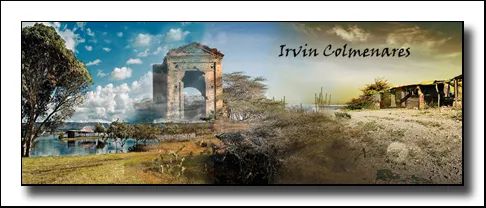


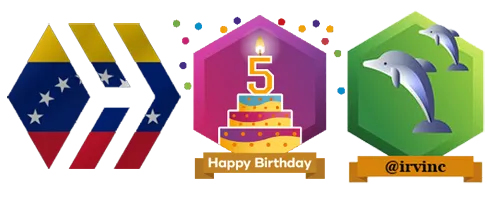



Comunidad Be Entrepreneur
